Project Overview
Co-op Dayton is boldly showing how collective worker power can transform communities through a “cooperative ecosystem.” As in other cities across the Midwest, majority Black neighborhoods in segregated Dayton have suffered from disinvestment and dwindling access to goods and services such as grocery stores and health care. Amid capital flight and wealth extraction, Co-op Dayton’s incubator program nurtures worker-owned enterprises through assistance with access to capital, business development, and advocacy tools to boost neighborhood resilience. Having mobilized a cooperative grocery store in a former West Dayton food desert that now has 5,000 community member-owners and 25 worker-owners, Co-op Dayton envisions a future when retail co-ops are served by cleaning and delivery co-ops, while real estate investment and construction co-ops redevelop homes in surrounding neighborhoods. Through its work building cooperative businesses, the initiative continuously brings in neighbors—as member-owners, activists, and movement leaders—to gain political and economic power. The upshot is a model for grassroots revitalization in the face of deep urban abandonment that creates jobs, renovates buildings, and—through a culture of ownership—reconnects people with their community.
Five Questions
Learn more about this project
Meet our other 2021 awardees
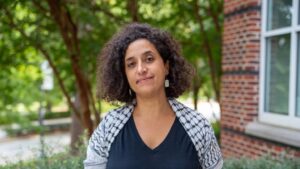
North Carolina (Operating nationwide)
Every Campus A Refuge leverages the sizable resources of colleges and universities to provide a stronger, more dignified landing for refugees.
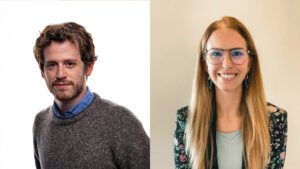
Daniel Bögre Udell &Kristen Tcherneshoff
New York (Operating globally)
Wikitongues safeguards threatened heritage languages by giving people resources to document, teach, and promote culture-sustaining mother tongues.
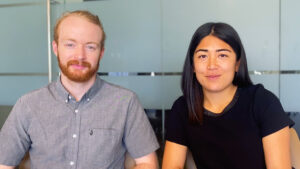
District of Columbia (Operating nationwide)
Cambium Carbon upcycles fallen urban trees, growing green jobs while building equitable cities and mitigating climate change at scale.
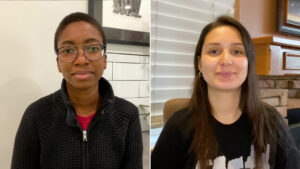
Esperanza Dillard &Talila "TL" Lewis
Nationwide
HEARD’s trauma-informed reentry program provides healing, empathy, and justice for deaf/disabled people who have been harmed by the carceral system.
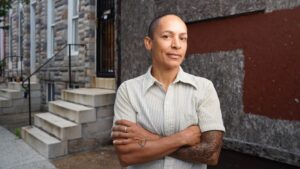
Maryland
Homeownership and construction skills-building come together as a platform that centers Black women, reclaims historic homes, and sparks neighborhood-scale change.
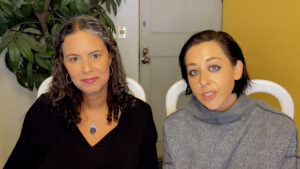
Ariel Koren &Fernanda de Oliveira Silva
California (Operating globally)
Respond provides trauma-informed, life-critical translation and interpretation services to asylum seekers and anyone needing language support in contexts of crisis.
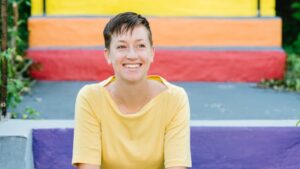
Wisconsin (Operating nationwide)
Driven by a reparations ethic, Nuns & Nones collaborates with Catholic sisters to invest their land and assets in regenerative land stewardship.
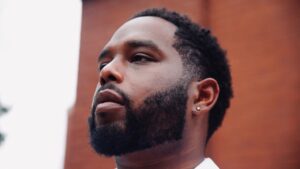
Missouri
The Black-led Freedom Community Center holistically integrates restorative justice with personal healing and broad-based advocacy to transform communities.
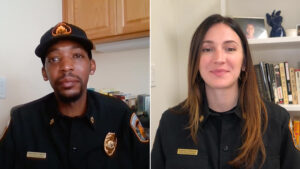
Forestry and Fire Recruitment Program
California
A promising California model builds a pipeline of needed wildland firefighters by forging career pathways for individuals formerly incarcerated in “Fire Camps.”

 Learn More
Learn More